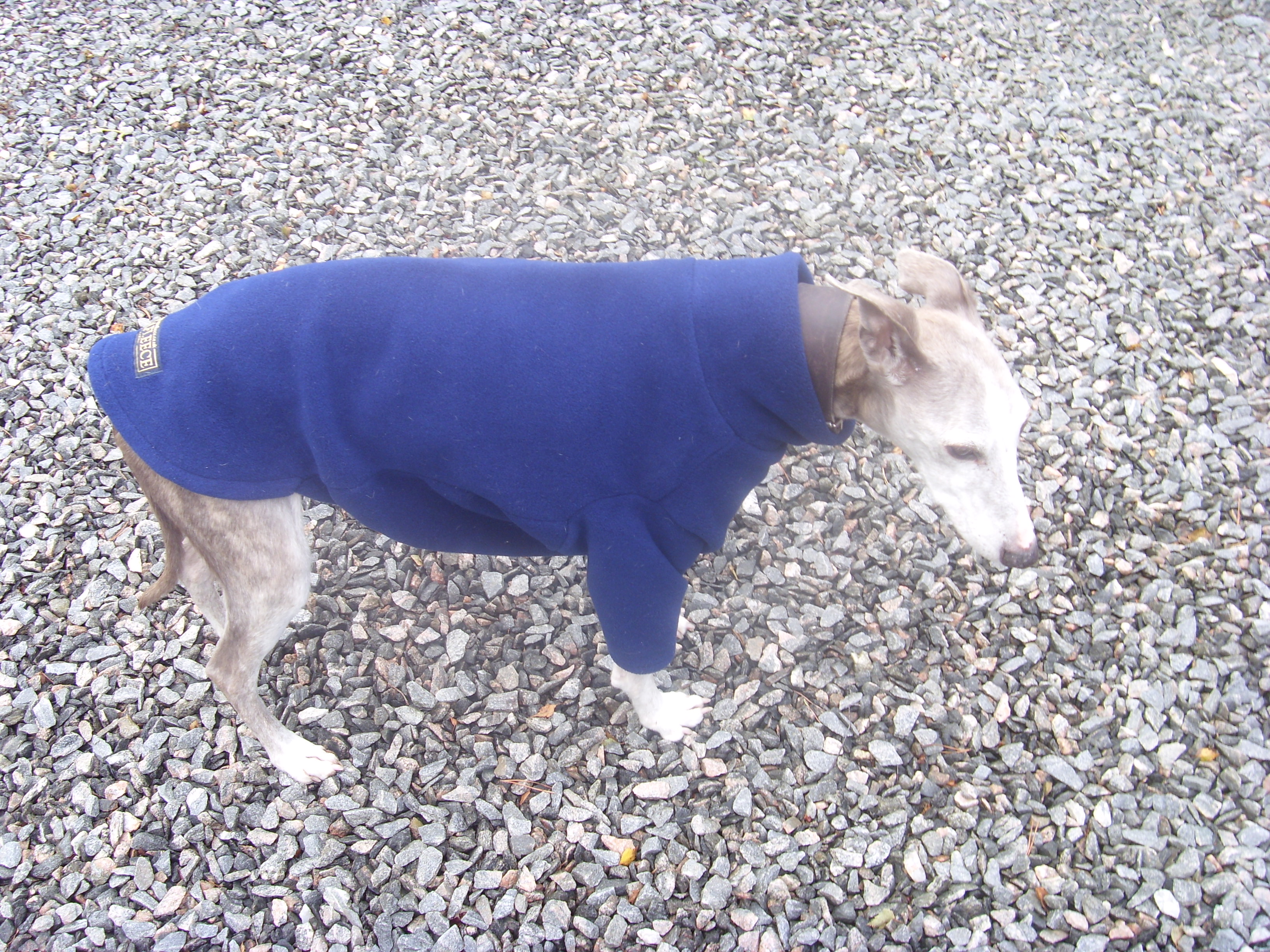There is an interesting article in today’s Scottish Review about single rooms in hospitals. The writer makes the point that there is a cost difference of 15% between building a hospital with a 50/50 mix of 4-bed wards and single rooms and one with single rooms only. Single rooms cost the taxpayer more. There is an underlying assumption in this article that most patients are sad old souls who are happy to be in hospital for a bit of company.
I’m a single room man, myself.
Apparently this places me in a minority, by quite a margin. Don’t get me wrong, I’m not anti-social or a hermit. I’ve shared train sleeping cars with snorers, farters, smokers and sweaty sock owners in my time, and survived. I’ve shared hotel rooms with assorted friends and acquaintances in order to save costs. Some of these friends possessed the habits and garments listed above – they know who they are. It’s not that I mind sharing rooms: I’ve probably shared some unpleasant personal habits myself. But hospital is different.
Hospital life is a rather depressing parallel universe with a sub-culture all of its own. I’ve been fortunate to spend very little of my life in a hospital bed, but I had 4 months of it after the stroke in 2004. For much of that time I was in a six-bed ward with five other men – fine chaps most of them. Some of them had been there for many months. Some were much more seriously ill than I was. There was plenty of banter. Sometimes this was not just bearable, but actually enjoyable. Two of us, quite disgracefully, used to give each others’ names if new nurses appeared on the ward seeking to take samples of our blood. We’d call them “vampires”. We’d laugh at one another’s inability to stand up or do the exercises demanded of us by the physios. When I was learning to stand again with a support, I’d raise my right hand in a Nazi salute and pretend to be addressing the Nuremberg rally. We’d josh with the cleaner. After a long career in schools I knew all the adolescent tricks, applied them and learned a few more.
But most of the time, I just craved silence, and I’m willing to bet the other guys did, too.
Wards are noisy places. Many hospital staff are not inherently quiet. Lying awake in the early morning, listening to the morning shift nurses chatting as they came on duty, I’d learn more about their love lives than I ever wished to know. There is always a background bustle and the rattle of equipment. We could overhear all the noises emanating from the toilet at the end of the ward. Even with curtains drawn we could hear the hushed chat of professionals gathered around a seriously ill patient. Above all, morning, afternoon and evening, there was the braying and flickering of mindless television. With my concentration destroyed post-stroke, the constant background noise made it impossible to read or even concentrate on chat from a visitor.
I remember one afternoon when my wife was visiting. My fellow patients were all apparently asleep or comatose, but the television was blaring. Jo tiptoed over to the set and turned off the sound. As if several thousand volts had been fired up his back, one of the other patients immediately rose Lazarus-like in his bed and bellowed at her “How do you think we can hear the telly with the sound down so low?”
For weeks, I lusted after one of the single rooms that were available to a lucky or very ill few. For a few days, just before I was discharged, I was afforded the luxury of one of these rooms. This allowed silence and privacy when I wanted it (90% of the time) and joshing with the other inmates at other times.
Above all, when you’re in hospital, you tend to feel damned unwell and when I’m unwell, I just want to be left alone, and to get well again as soon as possible. In peace.


